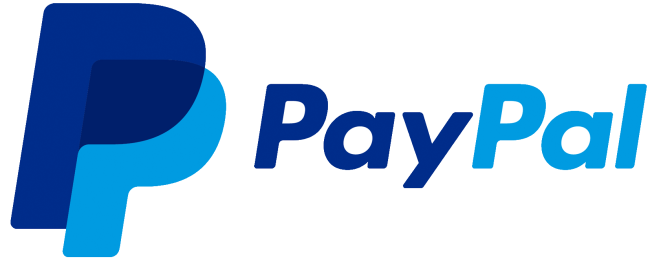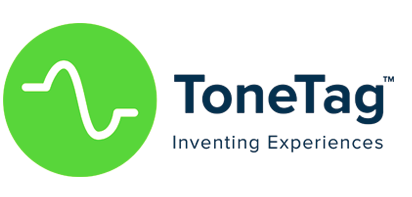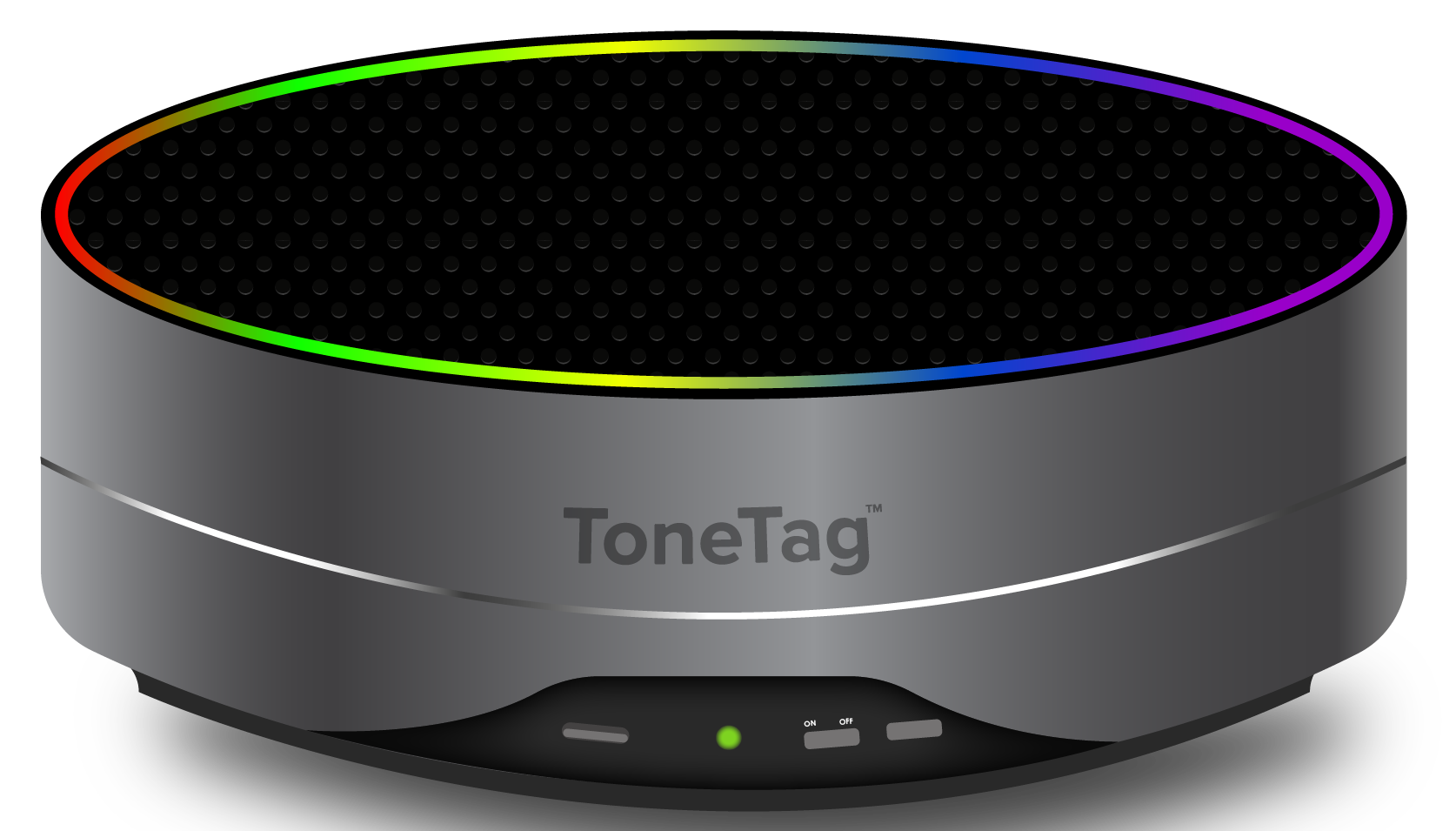Last year in March, Truecaller had announced its foray into the digital payments segment, incorporating UPI-based transfers in its app. Truecaller has announced a strategic investment into the payment space in India by acquiring Chillr, India’s first multi-bank payments app launched in 2014.
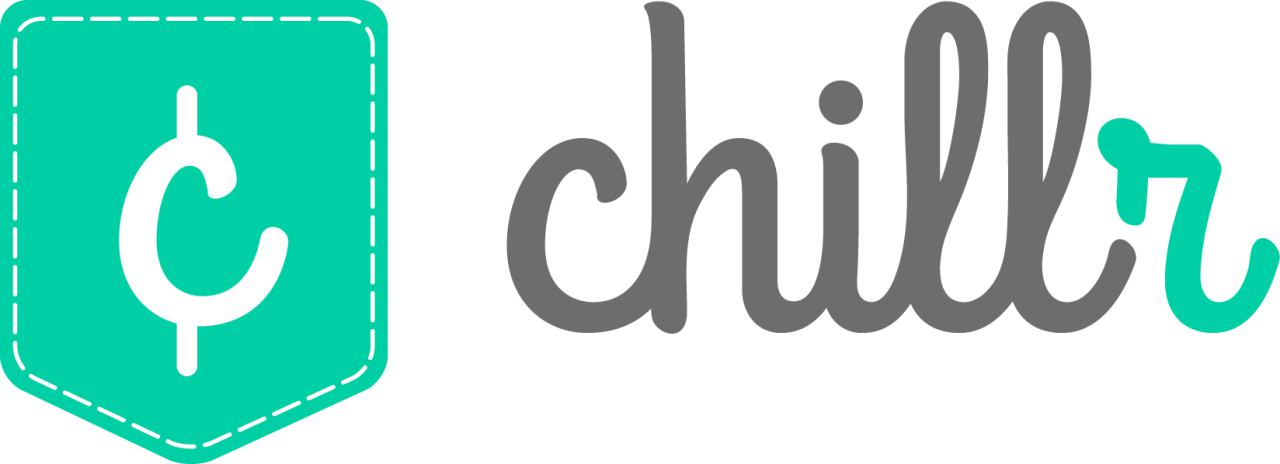
The founders of Chillr, Sony Joy, Anoop Sankar, Mohamed Galib and Lishoy Bhaskaran and the rest of the organization will be joining Truecaller, and Sony Joy will be the Vice President of Truecaller Pay. Chillr’s team of engineers and designers have a profound understanding of mobile payments, and a deep passion for products that they will now bring to Truecaller. The company plans to leverage its full reach of over 150 million users in India as well as its 300+ existing partnerships in India to enable Truecaller Pay as a platform.
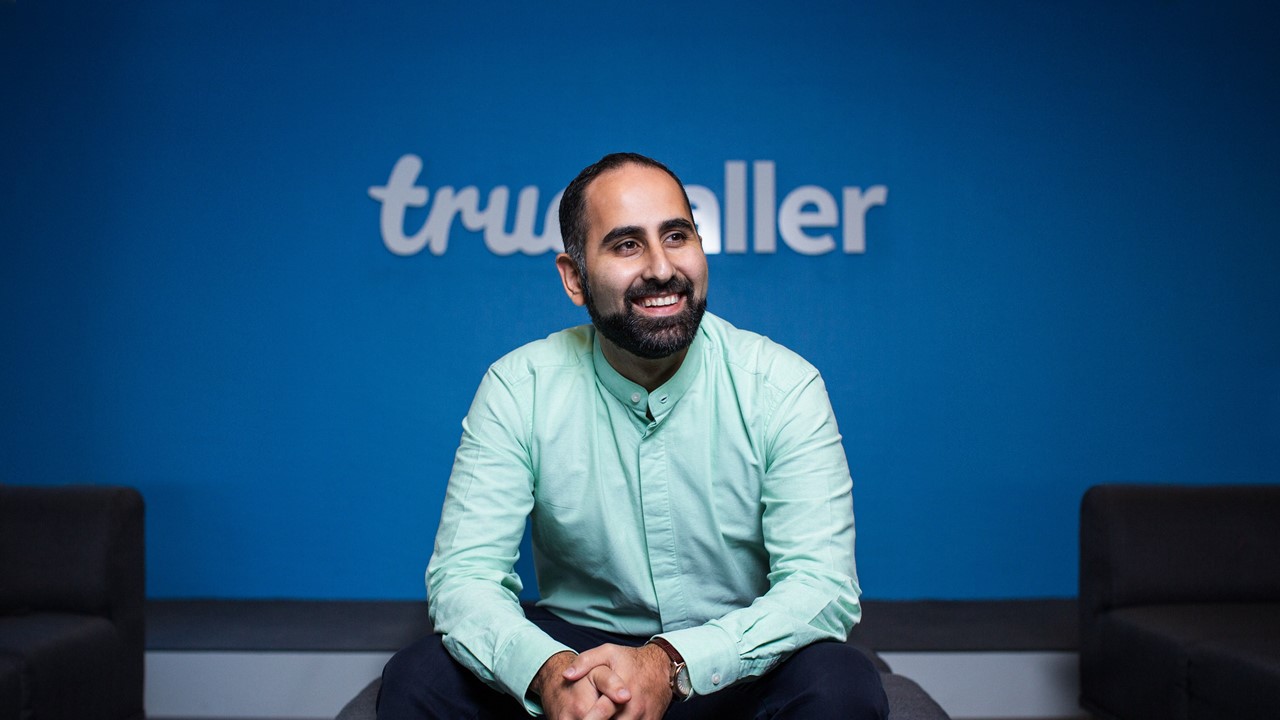
Nami Zarringhalam, Truecaller Co-founder & Chief Strategy Officer, said
Since launching Truecaller Pay in 2017, we have seen an increasing number of use cases to make the lives of our users in India easier. By acquiring Chillr, we are reaffirming our commitment to mobile payments and strengthening our plans to increase its adoption amongst our user base. We will, together, have a far bigger impact in this space through the foundation of the team’s expertise and a strong user base that trust our platform and use it on a daily basis.
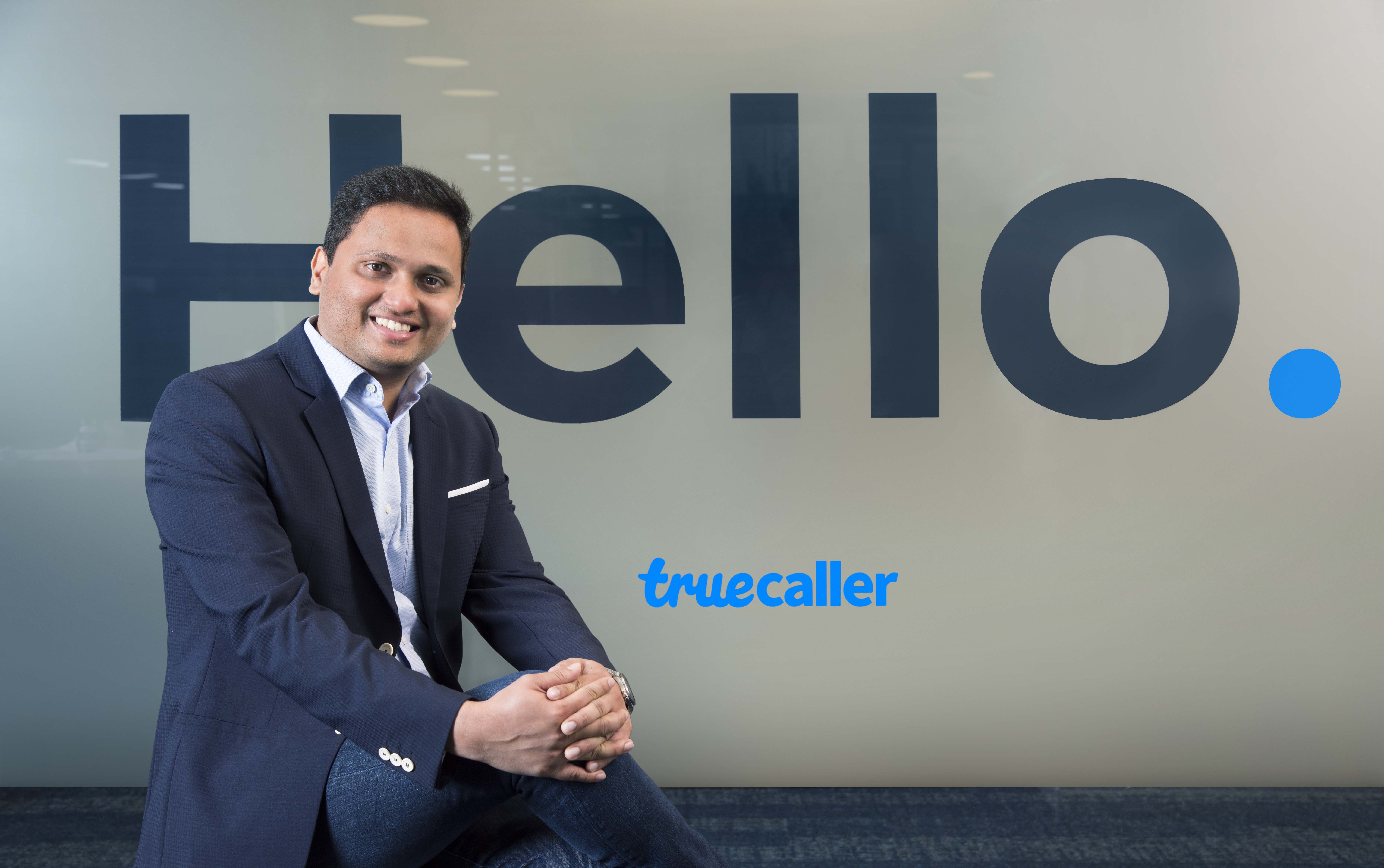
Sony Joy, Co-founder, Chillr, said
After spending time with the founders and the Truecaller team, we have realized that we share a lot of synergies; values; culture; and a sharp focus on user experience. Our roadmap on payments and financial services which when combined with the scale and resources of Truecaller, can create amazing experiences and solve genuine problems at an accelerated pace.
About Truecaller
People use Truecaller to stay ahead. It helps them know who’s getting in touch, filter out unwanted calls and SMS, and focus on what really matters. The company provides a suite of unique services such as a dialer that offers caller ID, spam detection, messaging and more. Truecaller’s mission is to build trust everywhere by making communication safe and efficient. Headquartered in Stockholm, Sweden, the company was founded in 2009 by Alan Mamedi and Nami Zarringhalam. Investors include Sequoia Capital, Atomico and Kleiner Perkins Caufield Byers.
With the launch of Truecaller Pay 2.0, the company has brought banking and payments features to the forefront of its app, and in the coming months Truecaller is planning on rolling out credit and other financial services to users in Indiain a mobile-first way.


